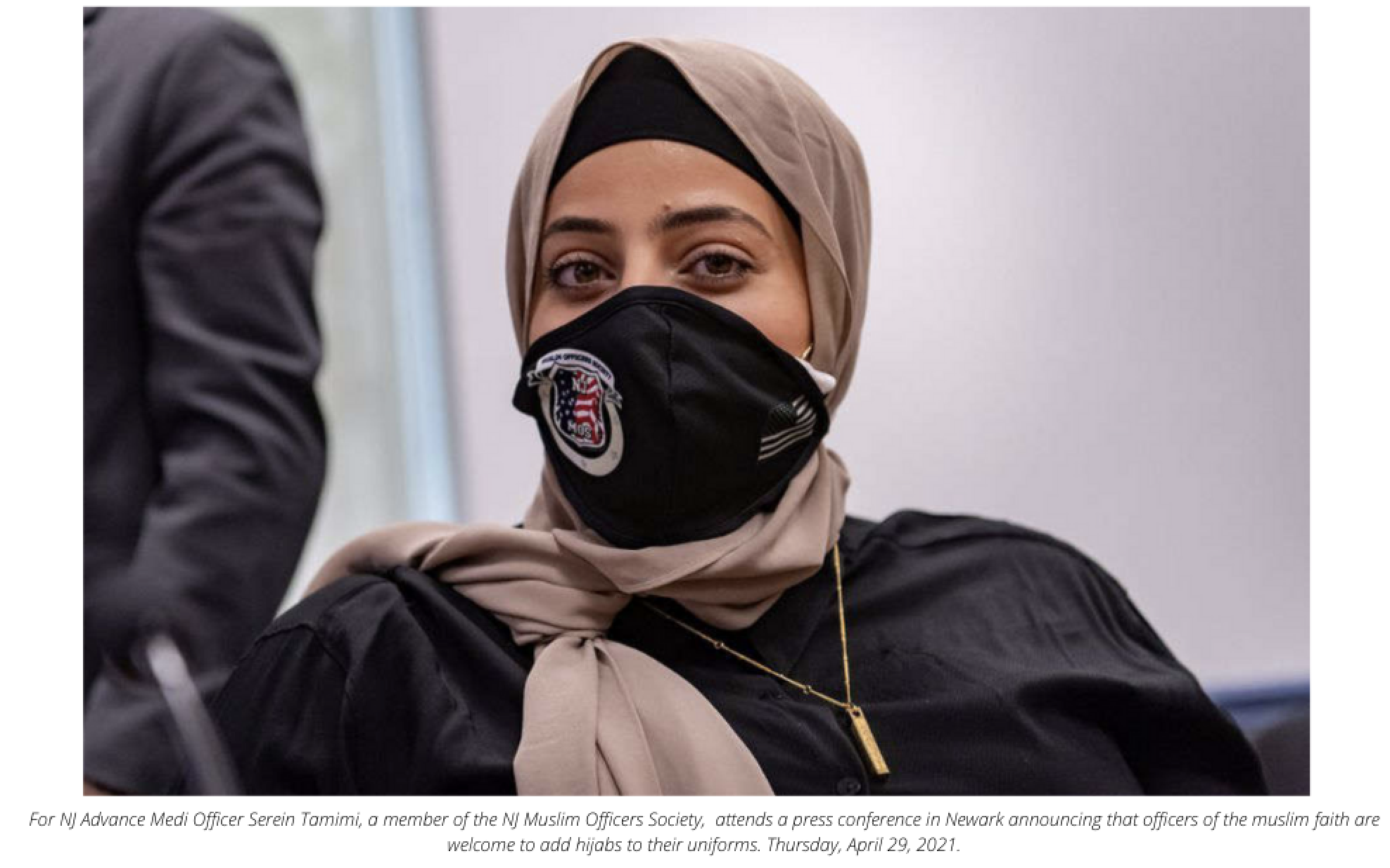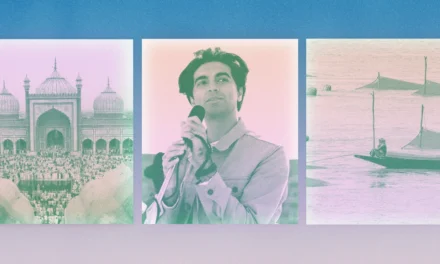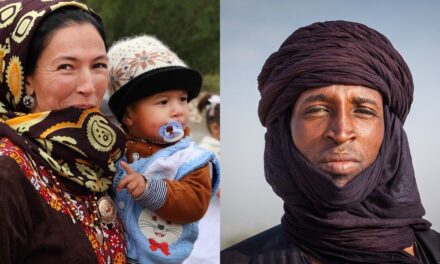Photo @
John Jones
Female Muslim police officers will no longer be barred from wearing a hijab as part of their uniform, Newark officials announced Thursday.
“To be able to recognize people’s religion, how they practice it, and allow them to do that safely and appropriately on their work site, speaks volumes to where we’re going as a department,” Mayor Ras Baraka told reporters at a press conference announcing the policy change.
A hijab or headscarf is a traditional head covering worn by Muslim women as a sign of modesty.
“It is part of her religious requirement for the woman to wear it — as long as she’s out of her home, in public, she’s required to wear a head covering,” Daud Haqq, an imam at the NIA Masjid & Community Center and the president of the Imams Council of Newark, told NJ Advance Media. “To give it up is like giving up part of your religion.”
Haqq called the change a step in the right direction toward creating a more inclusive police force and helping recruit more Muslim women to become officers. Currently, the Newark Police Department is made up of 34 percent Black officers, 45 percent Hispanic officers and 21 percent white officers. Of the entire force, 22 percent are female officers. A spokesperson for the city did not provide the percentage of Muslim officers on the force.
The change came after an officer requested permission to wear her hijab on duty, Public Safety Director Brian O’Hara said. He was not able to provide a number of how many officers the change will affect.
“It is a slight change, but we believe it is very impactful and timely,” O’Hara said.
While hijabs are not specifically mentioned anywhere in Newark’s uniform policies, the rules around officers’ dress are painstakingly defined.
For example, regulations instruct that: “The eight point hat shall be worn in a military manner, with the hat wreath facing forward at all times. The baseball cap, fur-pile hat and watch cap shall only be worn on-duty with a Newark Police uniform, with the NPD patch or hat wreath facing forward at all times.”
Years ago, the Newark Police faced another run-in with religious exemption to uniform policy — the U.S. Justice Department filed a religious discrimination suit in 2000 against the department, on behalf of two officers who were threatened with dismissal because they did not shave their beards, worn long in accordance with Islamic law.
This time, the department willingly changed the rules, asking that any Muslim police officers inform their commanding officer that they intend to wear a hijab while on duty.
The change stipulates that the hijab should match the color of the uniform, it should not cover any insignias and should still allow for the use of a helmet.
Other departments nationwide have made the same allowance, including in New York City, Washington D.C. and, earlier this year, Nashville.
“This nation is made up of many different people who worship, who practice in many different ways, who speak many different languages, have many different customs and ideas and cultures,” Baraka said. “The true test of a democratic society is our ability to interweave those folks into our community.”














